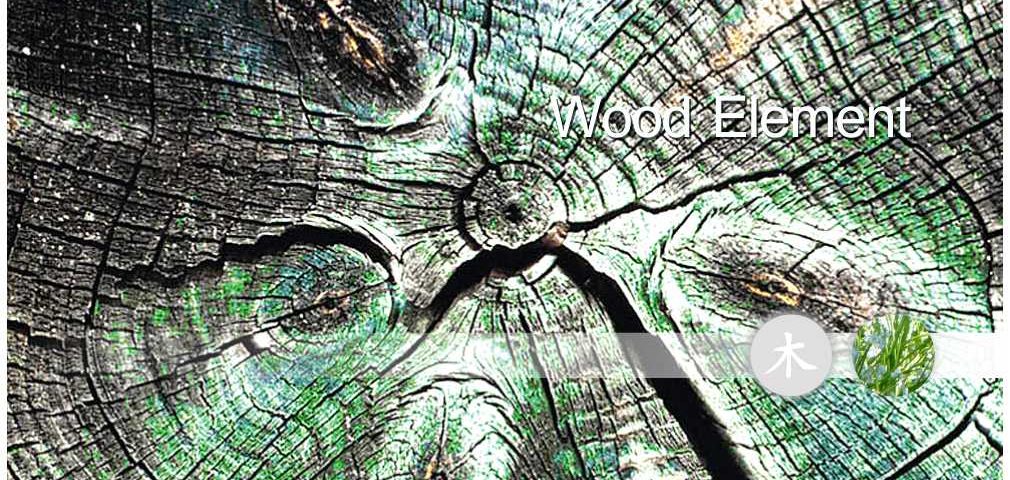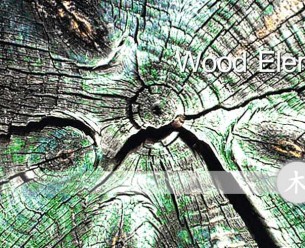Premenstrual Syndrome
The final condition we are going to look at in this series on gynaecology, from the perspective of acupuncture, is Premenstrual Syndrome. PMS generally effects women a day or two before the period starts, but some unlucky people suffer for up to two weeks. The distinctive factor is that symptoms stop when the period arrives.
According to acupuncture theory there are four major patterns that can arise:
- Liver Qi Stagnation
- Spleen and Kidney Deficiency
- Liver Yang Rising from Liver Blood Deficiency
- Heart Blood and Spleen Qi Deficiency
So in turn them…
1. Liver Qi Stagnation
Our old friend Liver Qi Stagnation again – as you know this syndrome is often caused by stress, so it is extremely common in clinical practise. Symptoms in this case will include irritability, uncharacteristic anger, low mood and depression. There may also be tearfulness, clumsiness, headaches, breast tenderness and pelvic pain or discomfort.
2. Spleen and Kidney Deficiency
In this case there is more digestive involvement. There is likely to be sweet cravings or loss of appetite, bloating, diarrhoea, constipation or a combination of both. The Kidney aspect leads to symptoms such as fluid retention, frequent urination and backache. There may also be a general feeling of tiredness, anxiety, tension and irritability.
3. Liver Yang Rising from Liver Blood Deficiency
This syndrome can lead to symptoms such as neck and shoulder tension, dizziness, and restless unease, dry mouth and throat and insomnia with a feeling of toxic heat in the night. It is also the mostly likely to be linked to migraines.
4. Heart Blood and Spleen Qi Deficiency
This syndrome is likely to lead to insomnia too, but in this case there will be difficulty getting off to sleep. There is often also low mood and depression, poor memory and lack of concentration – the ‘what did I come in here for’ syndrome… There may be general tiredness, dizziness if you move too quickly and cold hands and feet.
Treatment
So again what can you do to help yourself if you suffer with any of these conditions?
Obviously, acupuncture can be helpful, but there are other things you can do to help too.
As we know the best thing for stagnation is movement – shake all that stuck energy up. Do what ever moves you (literally) The stuck energy is also linked with low mood so if you can do some form of exercise that you love it will be doubly beneficial.
For Spleen and Kidney deficiency the best thing you can do, if possible is rest. The Kidneys particularly love rest so get a few early nights if you can. The Spleen is associated with the act of thinking, and too much ruminating or studying can wear it out. Try not to leave yourself an essay to write just before your period if at all possible! The Spleen loves regularity, so make sure you eat well and at regular intervals. Avoid too much cold or raw food at this time, especially for breakfast (hold back on the smoothies…)
Liver Yang Rising with Liver Blood deficiency is a combined syndrome. This essentially means you need to do some exercise to get stuck energy moving and at the same time alter your diet to strengthen your blood. However, because of the underlying deficiency you don’t want to do anything that will over exert your system – so stick to gentle stretching and energy work like yoga, qi gong or tai chi. Boost your diet with blood building foods like dark green leafy veg, beetroot, red cabbage and red meat or liver. If you don’t want to eat meat you could also try black strap molasses (get the organic one) or an iron tonic such as Floradix.
To help with Heart Blood and Spleen Qi deficiency combine the advice above – you need blood building foods, regular meals, not too much cold or raw food, as little studying as possible and plenty of rest.
As we can see, with PMS, three out of the four conditions are linked to deficiency. It is very easy to get deficient in our ‘ever on’ culture, when there is always more to do and never enough time to do it.
Acupuncture has taught me the danger of never switching off, because the consequence is we get more and more deficient. Have you ever noticed that when you race around too much, there comes a point when it’s actually quite difficult to stop? You try to sit down, but the list in your head just won’t let you.
You’re just too wired to relax.
That’s deficiency…
It takes time, but when you learn to recognize it creeping up on you, you can begin to slow yourself down to a pace that is just as effective but not quite so draining. Mediation, mindfulness, qi gong, and yoga are perfect tools to help here and excellent investments for your health…



